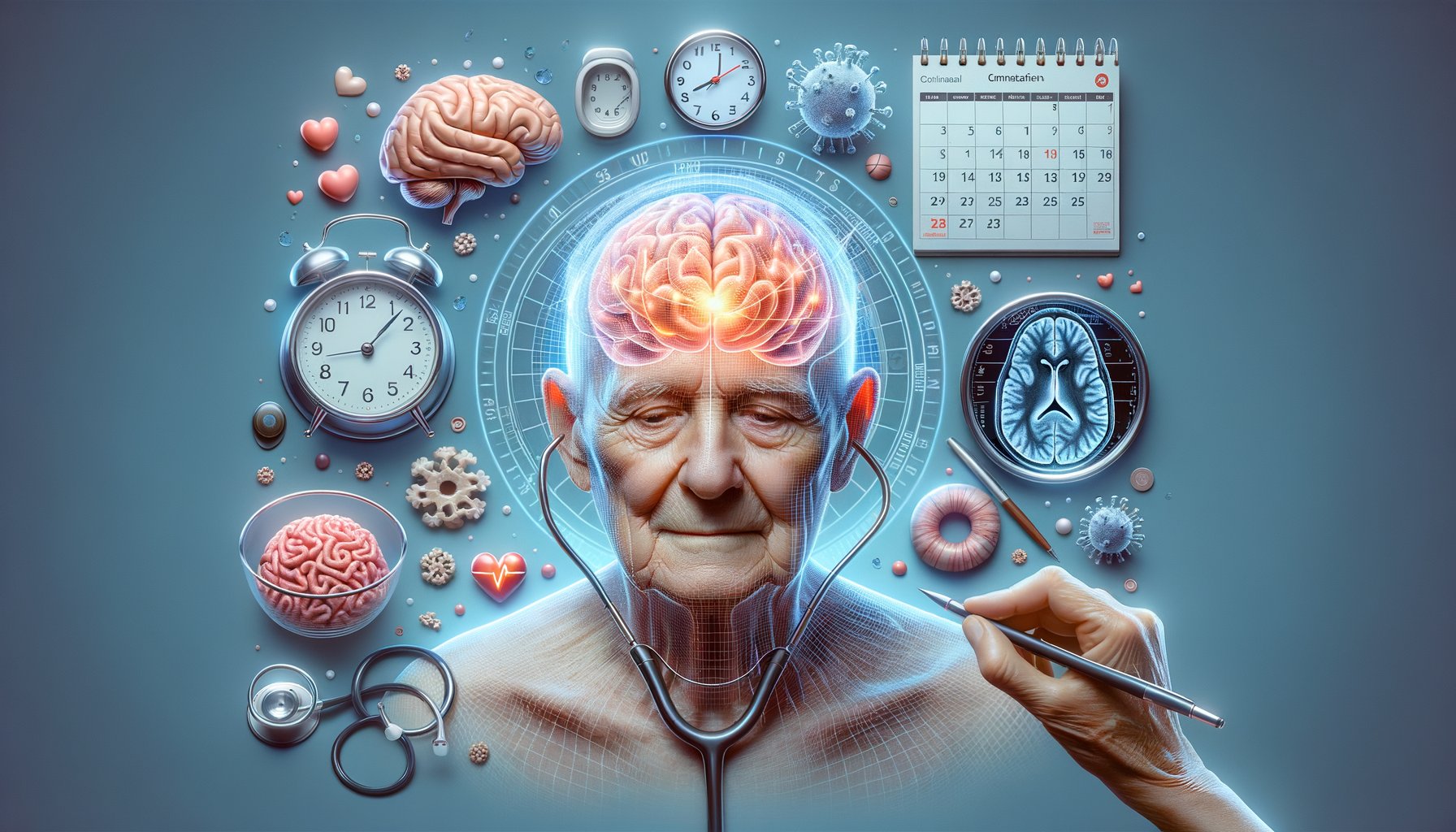Understanding the Early Symptoms of Alzheimer’s
The onset of Alzheimer’s disease can be insidious, often creeping into daily life with subtle signs that are easy to overlook. The early symptoms of Alzheimer’s typically involve mild memory loss, such as forgetting recently learned information or important dates. Individuals may find themselves repeatedly asking for the same information or relying heavily on memory aids, like notes or electronic devices, to keep track of essential tasks.
Another key indicator is difficulty in planning or solving problems. This might manifest in challenges with handling finances or following a familiar recipe. Additionally, individuals may experience confusion with time or place, losing track of dates or the passage of time, which can be disorienting and distressing.
In some cases, changes in mood and personality can also be early signs of Alzheimer’s. A person may become confused, suspicious, depressed, fearful, or anxious. They might be easily upset at home, at work, with friends, or in places where they are out of their comfort zone. Recognizing these early symptoms is crucial, as they can significantly impact daily functioning and quality of life.
The Importance of Early Testing and Diagnosis
Early testing for Alzheimer’s is vital for several reasons. Firstly, it allows for the possibility of medical interventions that can slow the progression of the disease. While there is currently no cure for Alzheimer’s, certain medications can help manage symptoms and improve quality of life. Early diagnosis provides a window of opportunity to explore these treatment options.
Moreover, early testing can help individuals and their families plan for the future. With a diagnosis in place, families can make informed decisions about care arrangements, legal and financial planning, and support systems. This proactive approach can alleviate some of the stress and uncertainty that often accompanies the progression of Alzheimer’s.
Furthermore, early diagnosis can provide access to clinical trials and research studies, which may offer additional treatment avenues and contribute to the broader understanding of the disease. It empowers individuals with knowledge and resources, enabling them to take an active role in managing their health and well-being.
Challenges in Recognizing Alzheimer’s Symptoms
Despite the importance of early detection, recognizing Alzheimer’s symptoms can be challenging. Many of the early signs, such as forgetfulness and confusion, can be attributed to normal aging or stress. This overlap can lead to delayed diagnosis, as individuals and their families may dismiss these symptoms as inconsequential.
Additionally, there is often a stigma associated with cognitive decline, which can deter individuals from seeking help. Fear of diagnosis and the potential implications can lead to denial or avoidance, further delaying necessary testing and intervention.
Healthcare providers also face challenges in diagnosing Alzheimer’s, as the symptoms can vary widely among individuals. Comprehensive assessments, including medical history, cognitive testing, and imaging studies, are essential to accurately identify the disease. Raising awareness about the subtle signs of Alzheimer’s and encouraging open communication between patients, families, and healthcare providers is crucial for overcoming these challenges.
Strategies for Early Intervention
Once Alzheimer’s is suspected or diagnosed, early intervention strategies become paramount. These strategies often involve a combination of medical management, lifestyle modifications, and support systems. Medications can help manage symptoms such as memory loss and confusion, while lifestyle changes can improve overall health and cognitive function.
Engaging in regular physical activity, maintaining a balanced diet, and staying socially active are all beneficial for individuals with Alzheimer’s. Cognitive therapies and mental exercises can also help preserve cognitive abilities and slow the progression of symptoms.
Support groups and counseling services provide emotional support and practical advice for individuals and their families. These resources can help navigate the challenges of living with Alzheimer’s, offering a sense of community and understanding.
Conclusion: The Path Forward
Recognizing the early signs of Alzheimer’s and seeking timely testing are critical steps in managing the disease. Early diagnosis allows for interventions that can improve quality of life and provide clarity for future planning. While challenges exist in identifying symptoms, increased awareness and open communication can help overcome these barriers.
By focusing on early intervention and support, individuals with Alzheimer’s and their families can navigate the complexities of the disease with greater confidence and resilience. As research continues to advance, there is hope for more effective treatments and, ultimately, a cure. Until then, understanding and addressing Alzheimer’s at its onset remains a vital part of the journey.




Leave a Reply